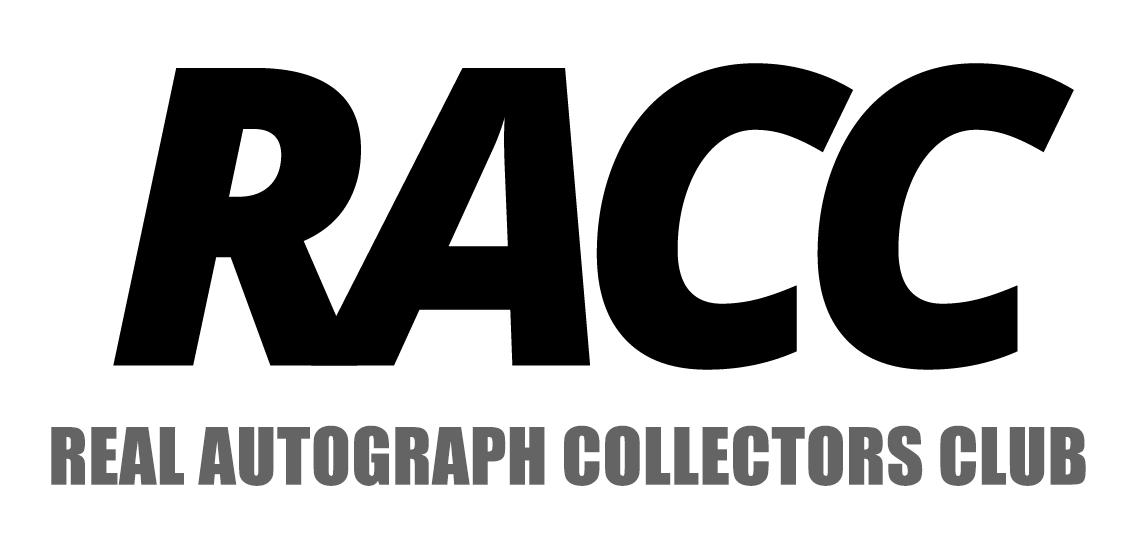Francis Ford Coppola Biography
- Home /
- Francis Ford Coppola /
- Biography

- Born April 7, 1939
After directing The Rain People (1969), he co-wrote the 1970 film Patton, earning the Academy Award for Best Original Screenplay along with co-writer Edmund H. North. His directorial prominence was cemented with the release in 1972 of The Godfather, a film which revolutionized movie-making in the gangster genre, earning praise from both critics and the public before winning three Academy Awards—including his second Oscar (Best Adapted Screenplay, with Mario Puzo), Best Picture, and his first nomination for Best Director.\n', '
He followed with The Godfather Part II in 1974, which became the first sequel to win the Academy Award for Best Picture. Highly regarded by critics, it brought him three more Academy Awards: Best Adapted Screenplay, Best Director and Best Picture, and made him the second director, after Billy Wilder, to be honored three times for the same film. The Conversation, which he directed, produced and wrote, was released that same year, winning the Palme d\'Or at the 1974 Cannes Film Festival. He next directed 1979\'s Apocalypse Now. While notorious for its lengthy and strenuous production, the film is widely acclaimed for its vivid depiction of the Vietnam War. It won the Palme d\'Or at the 1979 Cannes Film Festival, making Coppola one of only eight filmmakers to win two Palme d\'Or awards.\n', '
While a number of Coppola\'s ventures in the 1980s and 1990s were critically lauded, he has never quite achieved the same commercial success with films as in the 1970s. His most well-known films released since the start of the 1980s are the dramas The Outsiders and Rumble Fish (both 1983), the crime-drama The Cotton Club (1984), the crime-drama The Godfather Part III (1990), and the horror film Bram Stoker\'s Dracula (1992).\n', '
Return to Francis Ford Coppola Autograph Profile
Stats
Join the RACC Facebook Group!
The Real Autograph Collectors Club (RACC) on Facebook is the largest community of in person autograph collectors and fans in the world, with 25,000 members and growing!
When you click on links to various merchants on this site and make a purchase, this can result in this site earning a commission. Affiliate programs and affiliations include, but are not limited to, the eBay Partner Network.
Useful Links
WORLDWIDE RACC (Our Top Cities)
New York, NY
USA
Los Angeles, CA
USA
London
United Kingdom
Chicago, IL
USA
Toronto, ON
Canada


